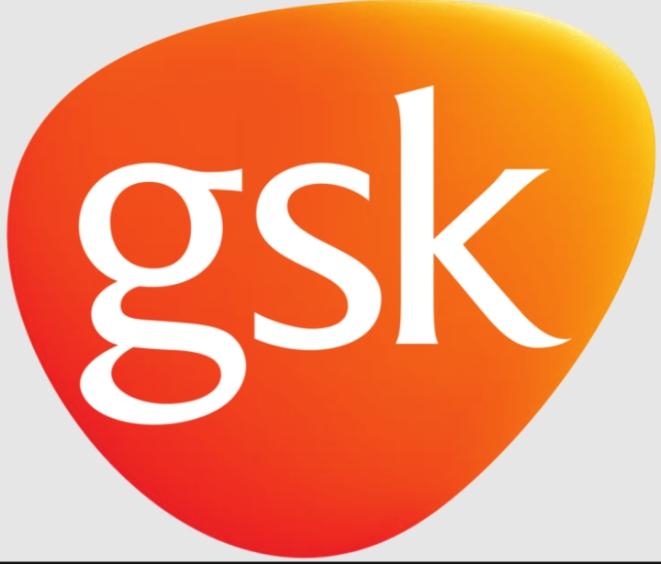The Consumer Rights Project has asked the Federal Government of Nigeria to stop GlaxoSmikline – GSK’s insider’s dealings that may endanger the lives of Nigerians and rob Nigerian shareholders of their investments.
The group also called on the current Chairman of GSK – Chief E. Onuzo who is an ex-employee of GSK Nigeria to ensure that local shareholders are properly informed of all plans of GSK especially as it impacts the overall health of the business.
The Consumer Rights Project, a Nigerian Think Tank on consumer rights and local content development has decried attempt by the promoters of GSK International, operating in Nigeria, to cripple its Nigerian Business at the detriment of Nigerian shareholders.
They noted that a seemingly calculated attempt by GSK Nigeria’s leading trading partner – GSK International to shrink its Nigeria business is being carried out.
READ ALSO: Fayemi Declines EFCC Invitation, Gives Reason
The group added that this is done through stoppage in supply of its drugs and vaccines to the Nigeria market, adding that this has also endangered the lives of Nigerians who depend on their flagship medicines – Antibiotics, Asthma medication and vaccines.
A statement in Lagos Nigeria by the Project Director of the Consumer Rights Project, Gabriel Ehigiator Esq., indicates that: “The Consumer Rights Project is not unaware of the attempt by some forces within the GSK Group in the UK to create a facade that will force Nigerian shareholders to sell off their shareholdings to them for their selfish aim and profit.
“We wish to remind these persons that the activities of a pharmaceutical company does not just border on business, but life, good health of citizens and overall wellbeing. Some critically ill Nigerians are already dying of avoidable deaths, like the unwarranted death of a female of asthma in a private hospital in the South West, due to the scarcity of GSK’s Asthma drugs.
“We call on the Federal Government of Nigeria, through the Federal Ministry of Health, the Federal Ministry of Trade and Investment, the office of the Secretary to the Government of the Federation, NAFDAC, Consumer Protection Commission and other apposite authorities in this regard, to conduct a corporate governance audit on GSK Nigeria to ensure the protection of the interest of the Nigerian shareholders and the equitable supply of its medicines and vaccines in Nigeria.
“We call on the Federal Government of Nigeria, to enforce the rights of local shareholders as it relates to GSK, and protect them from the annexation of their shares, through unfair and discriminatory policies, that are geared at undermining the economic sovereignty of Nigeria.
“As can be seen from the recently released quarterly business results, GSK has stopped supply of its medicines to Nigeria which led to massive shortages of its critical medicines and vaccines. With this action, it renders the GSK Nigeria business unviable and unable to operate.
READ ALSO: Senate Approves N451m For Aides Of 12 NDDC Board Members
“We state that our objective is to protect Nigerian consumers and local xontent, local investments against unfair trade practices and manipulative subterfuge.
“We also believe equitable medicine access should be top priority for a company like GSK and its spin off company Haleon which claims to have the patient at the centre of their operations.
“A Company registered to do business in Nigeria, must conform to Nigerian Laws and must protect the interest of the Nigerian people, which in this case of GSK Nigeria, is above business, but the good health and wellbeing of our people “
“It is important to note that GSK has in the past tried to forcibly take over GSK Nigeria business in 2013 but this action was rejected by the local shareholders. Since then, the company has consistently reduced its investment in the country and sold it manufacturing operations recently without reinvesting the proceed from the sale in Nigeria.
